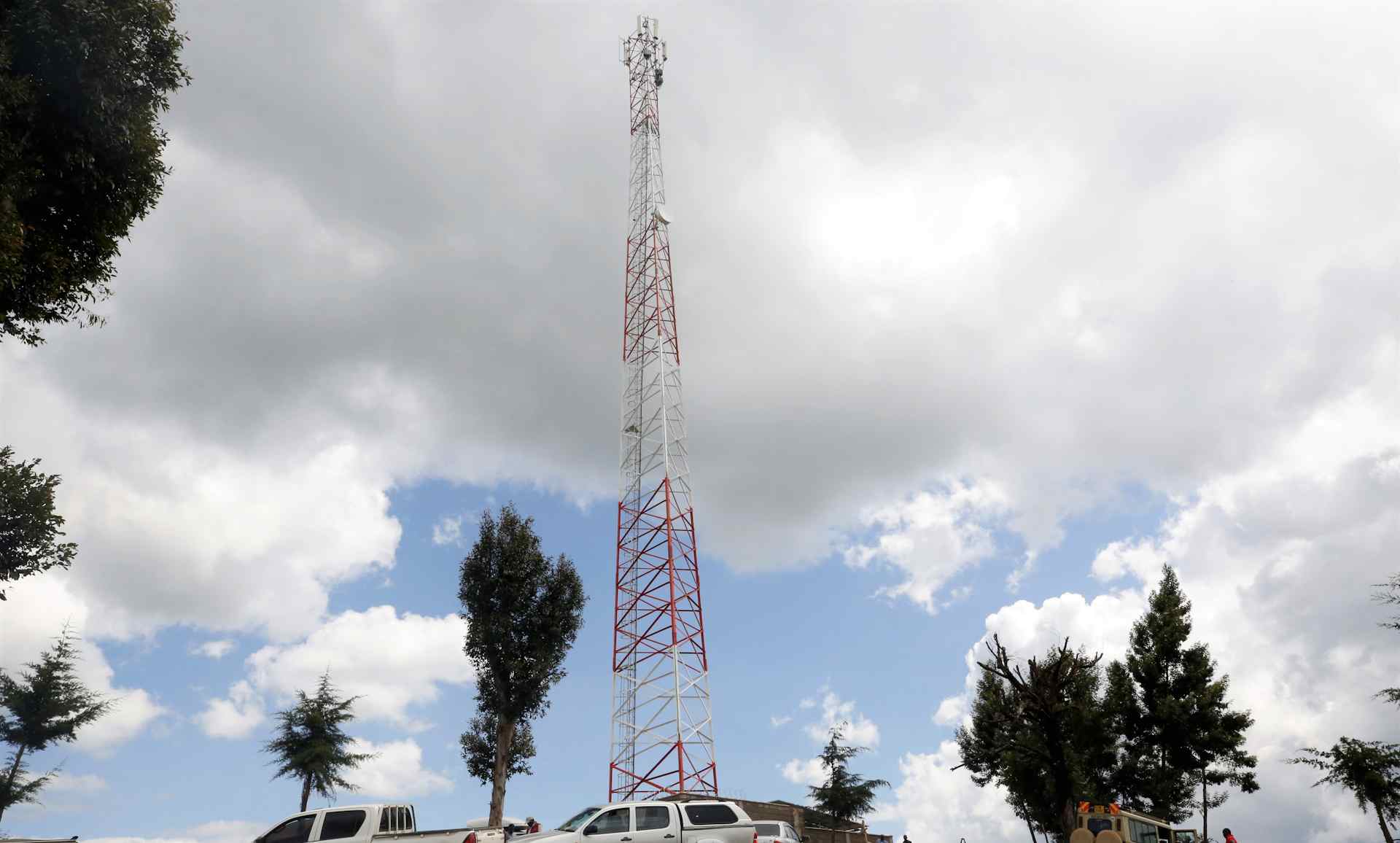By Josephine Miliza
Digital transformation refers to using digital technologies to change how organizations operate and deliver customer value.
In Africa, digital transformation has the potential to drive economic growth and improve the delivery of services across a wide range of sectors, including healthcare, education, agriculture, and financial services.
Meaningful access, which is access to the internet and affordable and reliable internet connections, digital literacy and skills, and relevant and useful content and applications, is critical to achieving digital transformation. It empowers individuals and communities by providing access to information, education, healthcare, financial services, and other services that can improve their quality of life.
However, digital transformation in Africa also faces challenges, such as the digital divide, lack of digital literacy, limited access to infrastructure and the internet, lack of regulations and policies to support digital transformation, and a lack of a skilled workforce.
A recent report by Afrobarometer surveyed 34 African countries and showed that although mobile phone ownership is at 84 per cent, only 45 per cent access the internet on their phones. The study found significant internet usage gaps, with about 27 per cent daily usage. The cost of data and devices were identified as the significant barriers to meaningful access.
Solving this challenge requires multifaceted strategies and initiatives, which include:
- Infrastructure development: Building and expanding the necessary infrastructure to make technology accessible to more African people.
- Affordability: Making technology more affordable for people in Africa through subsidies, tax breaks, and other initiatives.
- Digital literacy: Providing education and training on digital skills to help people in Africa effectively use technology.
- Local content and applications: Developing and promoting technology relevant to the local population and meeting their specific needs.
It’s important to note that meaningful access to technology in Africa is not just about providing devices or internet access but also ensuring people have the skills and resources to improve their lives and livelihoods.
This is a series of blogs on the work KICTANet has been doing around Community Networks.
_______________________________________________________________
Josephine Miliza is the Africa Regional Policy Coordinator for Community Networks.
![]()




